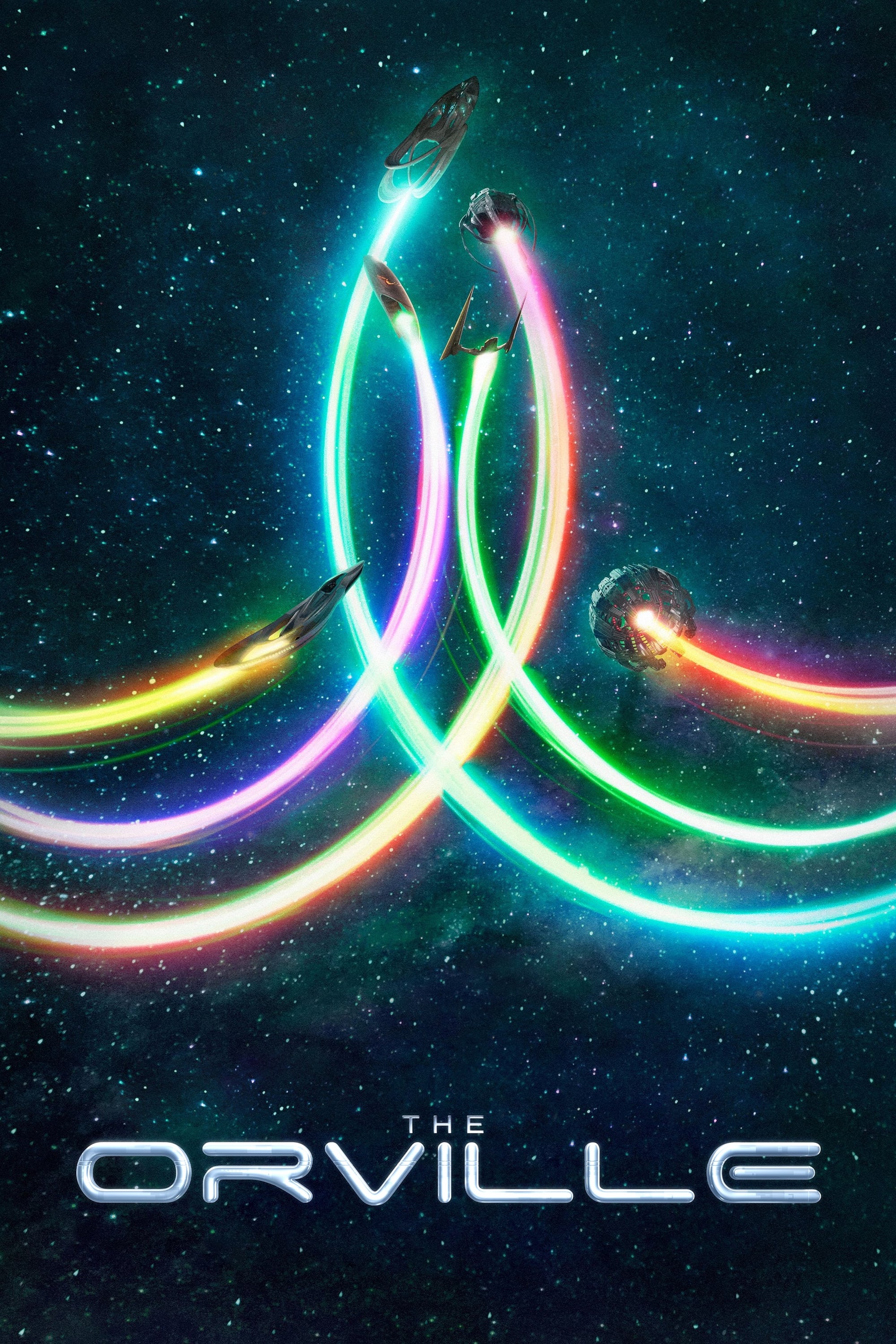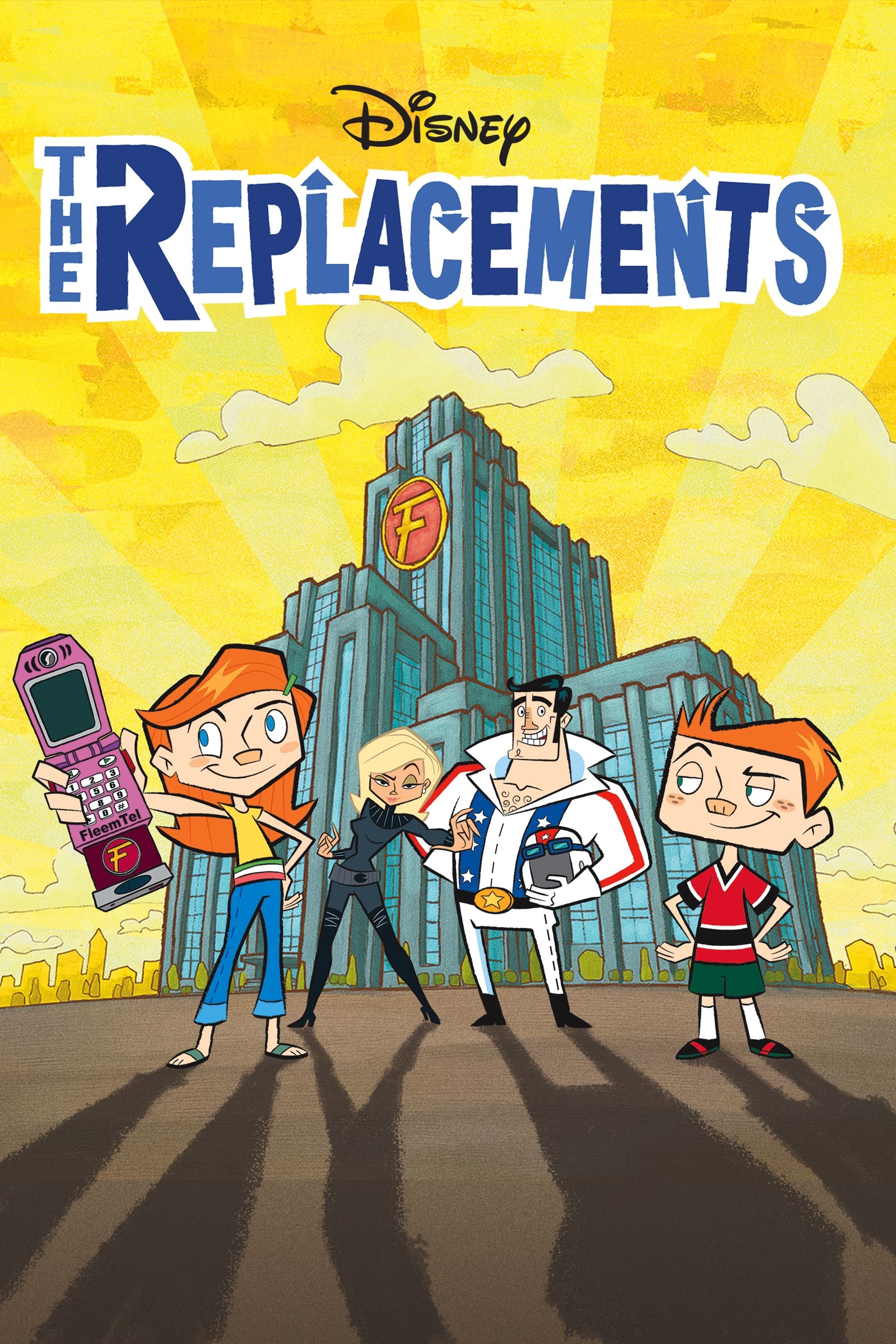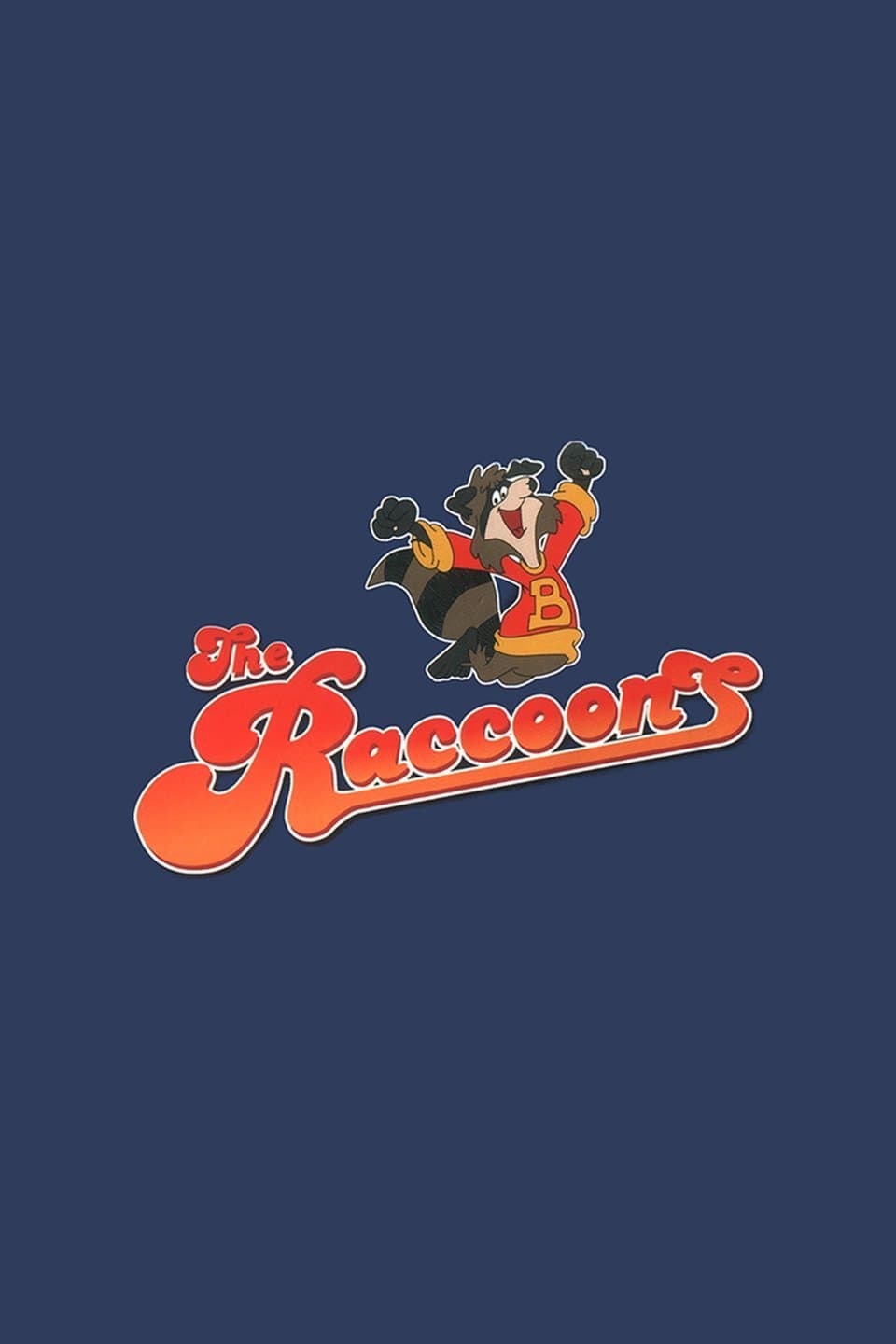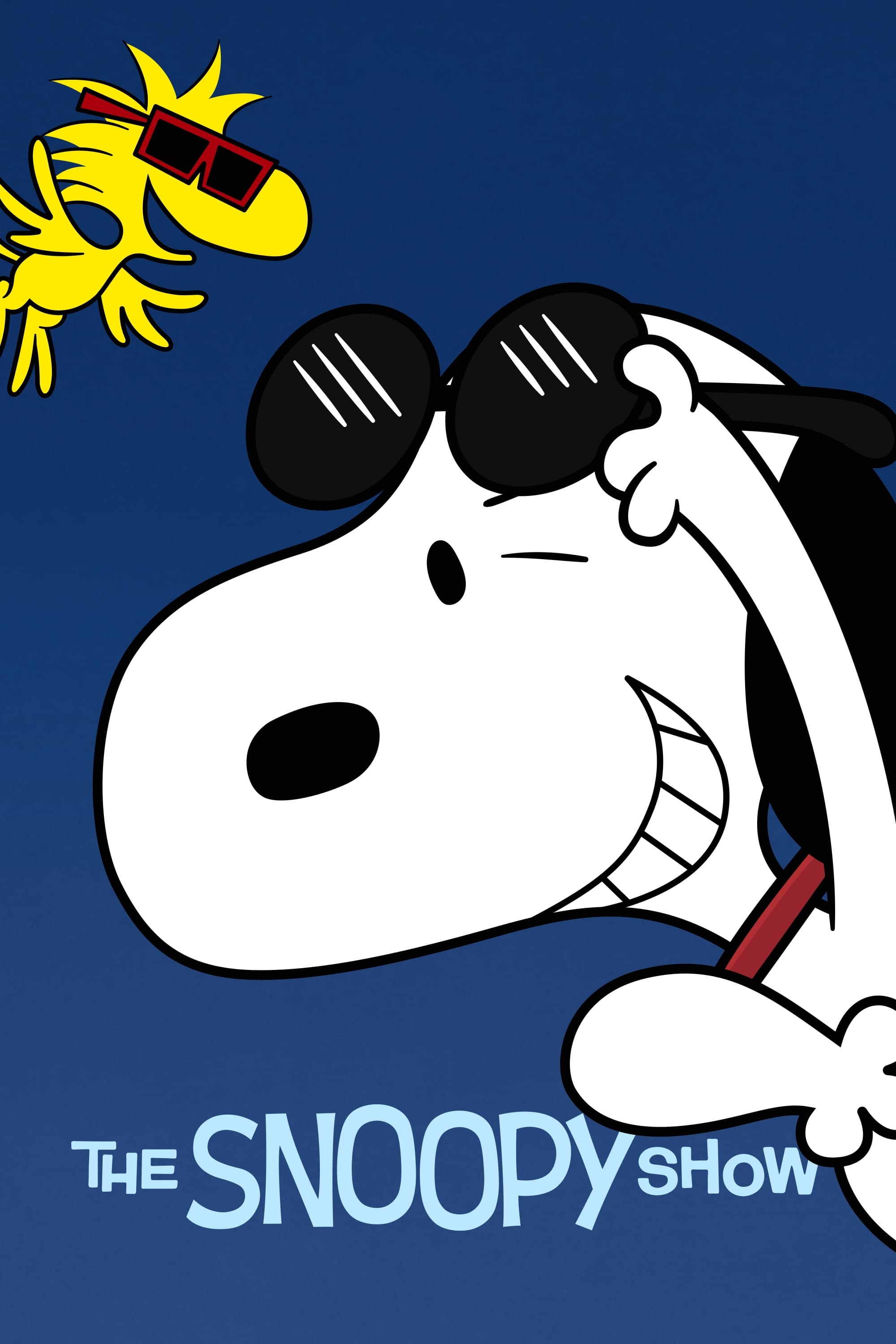
Christian Zacharias & Orchestre de chambre de Lausanne – Robert Schumann: Symphony No. 2 C Major Op. 61 – Symphony No. 4 D Minor Op. 120 (2012)
SACD ISO (2.0/MCH): 3,62 GB | 24B/88,2kHz Stereo FLAC: 863 MB | Full Artwork | 3% Recovery Info
Label/Cat#: MDG “Gold” # 940 1745-6 | Country/Year: Germany 2012
Genre: Classical | Style: Romantic
SCHUMANN: Symphony No. 2 in C Major, Op. 61; Symphony No. 4 in D Minor, Op. 120 – Orch. de chambre de Lausanne/ Christian Zacharias – MDG multichannel SACD (2+2+2) MDG 904 1745-6, 64:51 [Distr. by E1] ****1/2:
Schumann once posed the question wither sonata form after Beethoven? The older master’s innovations in his late sonatas, quartets, and symphonies had redefined the sonata, taking it to its apogee as a form but also, Schumann feared, to a point of no return. And yet Schumann did revisit sonata form, hoping in his symphonies to say something in fresh musical language and with fresh ideas as to architecture.
He probably got some inspiration from Mendelssohn, whose Second Symphony employed cyclic form on a limited scale and whose Third Symphony is marked by an attempt at unity through a continuous flow from movement to movement and boldly introduces entirely new material at the end of the finale. Schumann follows suit in the finale of his Symphony No. 2 and creates unity in the work through a motto figure that appears at the very beginning and recurs in subsequent movements. The Fourth Symphony, his most radical attempt at symphonic integration, follows the continuous-flow model of Mendelssohn’s Third and achieves unity through the metamorphosis of the opening theme, the transmogrified melody acting as the principal theme in each of the subsequent movements.
Except for the structural innovations in these two works, they’re very different in character. The relatively short Fourth Symphony could almost be described as a fantasy for orchestra, and I’ve even read that Schumann toyed with the idea of introducing a mandolin in the piece, which would have underscored this fact. On the other hand, there is a classic tragedy-to-triumph program behind the Second Symphony. In the mid-1840s Schumann suffered near-incapacitating bouts of depression and later confessed that the symphony reflects his morbid condition at the time as well as his attempt to mobilize himself against the forces of despair. Hence, the motto theme that appears in the trumpets at the very start of the work could be seen as a call to action; it recurs in the second and fourth movements, briefly in the second, brazenly, heroically in the fourth, signaling a hard-won victory. This is Schumann’s most personal symphony and, I’ve always thought, his finest.
On the other hand, Schumann’s Fourth Symphony was marked not by a sense of triumph at its premiere but of failure. It made such a poor impression on its first audience—probably because of Schumann’s radical ideas of form in the symphony—that the composer decided to shelve it. Ten years later, in 1851, while acting as music director in Düsseldorf, Schumann revised the work, publishing it as his Op. 120. It’s the version usually heard today— though the 1841 version has had its adherents over the years, including Brahms, wo found its orchestration more transparent and colorful. Some critics conclude that the thicker orchestration in the later version is the result of Schumann’s deficiencies as a conductor. By doubling the parts, he ensured that if one instrument or group of instruments failed to come in at the right time, another would probably do the trick. The trouble with the first version of the symphony is that the all-important transition from the scherzo to the finale is halting and awkward, while it is majestic and highly effective in the 1851 version. So, gains and losses.
Actually, the second version sounds sprightly, not at all heavy, in this rendition by Christian Zacharias. The use of a chamber orchestra gives us the best of both worlds since we can enjoy the compositional superiority of the second version without the heavy aftertaste of Schumann’s Düsseldorf-era orchestration. With the Second Symphony the benefits are less obvious. Schumann’s orchestration is at its most effective in this symphony, and he builds some mighty climaxes in the first and fourth movements that a chamber orchestra can’t do full justice to. On the other hand, Zacharias’s interpretation is a breath of fresh air—straightforward, unaffected, emotionally on-cue, and the orchestra responds with verve and color. This is an excellent performance even if it seems a bit small-scale at points.
Producer and recording engineer Werner Dabringhaus does excellent work in the Métropole of Lausanne. Since the CD cover notes this as Volume 1, we can expect the First and Third Symphonies to follow. That should be worth waiting for. I hope Zacharias and his band will be given further assignments; this SACD speaks well to the partnership.
—Lee Passarella audaud.com
Read more![Jan Lisiecki, Symphonieorchester des Bayerischen Rundfunks, Christian Zacharias - Mozart: Piano Concertos Nos.20 & 21 (2012) [Official Digital Download 24bit/96kHz] Download](https://i0.wp.com/imghd.xyz/images/2023/04/09/0002894797728_600.jpg?resize=500%2C500&ssl=1)
Jan Lisiecki, Symphonieorchester des Bayerischen Rundfunks, Christian Zacharias – Mozart: Piano Concertos Nos.20 & 21 (2012)
FLAC (tracks) 24 bit/96 kHz | Time – 59:32 minutes | 887 MB | Genre: Classical
Studio Masters, Official Digital Download | Digital Booklet, Front Cover | © Deutsche Grammophon (DG)
Jan Lisiecki, the Canadian prodigy, makes his Deutsche Grammophon debut with a masterful interpretation of Mozart Concertos. Lisiecki performs with technical assurance in this collaboration with Christian Zacharias, who leads the Symphonieorchester des Bayerischen Rundfunks. Mozart’s Piano Concertos nos. 20 & 21 are technically challenging pieces and are well-respected in the classical repertoire. Lisiecki displays unworldly virtuosity, far beyond his years. The performances are glowing and compelling. Absolutely essential.
If Mozart was a child prodigy, the Canadian pianist Jan Lisiecki, who here performs both works with assurance and skill, appears something of an equivalent…he is one to watch. – Scotsman
(more…)
![Julian Trevelyan, ORF Radio-Symphonieorchester Wien, Christian Zacharias - Mozart Piano Concertos Nos. 23 KV 488 & 24 KV 491 (2022) [Official Digital Download 24bit/96kHz] Download](https://i0.wp.com/imghd.xyz/images/2022/12/02/kovzeicrpfb6b_600.jpg?resize=500%2C500&ssl=1)
Julian Trevelyan, ORF Radio-Symphonieorchester Wien, Christian Zacharias – Mozart Piano Concertos Nos. 23 KV 488 & 24 KV 491 (2022)
FLAC (tracks) 24 bit/96 kHz | Time – 57:05 minutes | 1010 MB | Genre: Classical
Studio Masters, Official Digital Download | Digital Booklet, Front Cover | © Alpha Classics
For the fourth volume in this collection dedicated to Mozart concertos by the younger generation of performers, the Orpheum Foundation and Alpha Classics present the Concertos nos. 23 and 24 (K488 & 491) performed by the British pianist Julian Trevelyan, who was awarded three prizes at the Géza Anda Competition in Zurich in 2021 and, at the age of sixteen, became the youngest-ever prizewinner at the Marguerite Long Competition in Paris in 2015. ‘Mozart’s music is full of life, humour and enjoyment. My life wouldn’t feel fulfilled if I didn’t have his music’, says the young musician, who is accompanied here by one of the most eminent Mozartian maestros, Christian Zacharias, conducting the ORF Vienna Radio Symphony Orchestra.
(more…)

Christian Zacharias – W.A. Mozart Piano Concertos Vol.5 (2009)
Genre: Classical, Piano, Orchestral | SACD ISO: DST64 2.0, 5.1 > 1-bit/2.8224 MHz | Artwork | 3.60 GB
Label: MDG | Release Year: 2009
Midem Classique Award winner Christian Zacharias continues his survey of Mozart Piano Concertos as both performer & conductor. Featuring arguably 1 of the most famous, the A Major.
MDG’s complete recording of Mozart’s piano compositions with Christian Zacharias in the double role as pianist & conductor of the Lausanne Chamber Orchestra continues with KV 488, certainly the most-performed piano concerto by the great Salzburg composer, complemented here by KV 246 & KV 175, Mozart’s very 1st piano concerto. Mozart himself regarded his 1st piano concerto of December 1773 as a gem. Five years later he continued to enjoy great success with it in Mannheim “because here it pleases quite well,” as he proudly reported to his father. Even at his Vienna academies of 1782-83 the concerto still figured significantly for him. When he sent its new finale, the Rondo (KV 382), to his father, he wrote, “I made it especially for me, & nobody but my dear sister can play it after me.”

Christian Zacharias – W.A. Mozart Piano Concertos Vol.4 (2009)
Genre: Classical, Piano, Orchestral | SACD ISO: DST64 2.0, 5.1 > 1-bit/2.8224 MHz | Artwork | 3.13 GB
Label: MDG | Release Year: 2009
This volume in the series seems to have taken a step up, with playing which previously might have been a little cosy now edgier & with more contrast in light & shade. The overall ensemble is excellent, & these are very good Mozart concerto interpretations indeed. Sound quality is up to MDG’s usual high standard, with a well-scaled ambience in Mch, & the 2+2+2 channel setup with height channels works fine in my 5.1 setup, despite my not reassigning the centre & sub speaker.
Read more
Christian Zacharias – W.A. Mozart Piano Concertos Vol.3 (2008)
Genre: Classical, Piano, Orchestral | SACD ISO: DST64 2.0, 5.1 > 1-bit/2.8224 MHz | Artwork | 3.14 GB
Label: MDG | Release Year: 2008
In this 3rd volume, Zacharias’ Mozart becomes essential, if not quintessential, in a universe for piano & concerto that is fascinating. The Concerto for Piano & Orchestra #17 in G major KV 453 dates from 1784, & inspired the musician Alfred Einstein to say: “In a friendly key are hidden many mysterious smiles & painful wounds – words cannot be found to describe the permanent irisation of feelings in the 1st movement, the passionate interiority of the 2nd.” The Concerto for Piano & Orchestra #19 in F major KV 459 was also composed in 1784 right after “the 4th of the 6 Quartets dedicated to Haydn”, states Mihel Parouty. Three days after finishing it on December 14, Mozart became a Freemason. Leading from the piano the Orchestre de Chambre de Lausanne to heights of subtlety, Christian Zacharias brings out a thousand colors from these eternal scores. With exemplary phrasing he opens the doors to a world that is often approached but rarely captured with such intelligence. It is true that Zacharias’ Mozart is rarely flamboyant, but he brings forth unique beauty that only the deaf cannot hear. He allows his musical discourse to breathe, a reminder of days when music had universal meaning. This is a Super Audio CD that eclipses all others.
Read more
Christian Zacharias – W.A. Mozart Piano Concertos Vol.2 (2005)
Genre: Classical, Piano, Orchestral | SACD ISO: DST64 2.0, 5.1 > 1-bit/2.8224 MHz | Artwork | 2.94 GB
Label: MDG | Release Year: 2005
Will listeners raised on virtuoso performances of Mozart’s piano concertos be able to make room in the hearts for Christian Zacharias’ recordings with the Orchestre de Chambre de Lausanne? It depends on how willing they are to forego the pleasures of virtuosity for the pleasures music-making. This is not to say that Zacharias isn’t a virtuoso pianist. As his 20 years of recordings make very clear, he has talents & abilities far beyond those of most mortal pianists. But it is to say that, as those recordings make equally clear, Zacharias is far more interested in music-making than he is in virtuosity. As both pianist & conductor here, Zacharias leads performances which are all about sympathetic interplay, about musicians listening to each other, about the meaning behind the notes & the joy inside the notes. The Lausanne musicians respond joyfully to Zacharias’ direction, playing with him & not for him & breathing life into every line & sonority. While listeners raised on virtuoso performances may find something lacking, those listeners who value playing together more than showing off will find much to enjoy.
Read more
Christian Zacharias – W.A. Mozart Piano Concertos Vol.1 (2003)
Genre: Cassical, Piano, Orchestral | SACD ISO: DST64 2.0, 5.1 > 1-bit/2.8224 MHz | Artwork | 3.44 GB
Label: MDG | Release Year: 2003
Not just because this disk is the only 1 in the series without a review on this site, but also because it concerns a re-issue in SACD format, I thought it might be useful to share my views with the Super Audio community. To start with the end: My verdict is a wholehearted positive 1 in both artistic & technical sense.
Although Mr. Zacharias’ playing hardly needs any further praise (in its CD format Vol. 1 has been widely lauded in various critics’ circles) I would nonetheless like to reassure potential buyers & lovers of an unadulturated Mozart that it is his stylistic & delicate playing that constitutes the best part of this disc. Mozart is not the kind of composer requiring key-bangers (no offence meant!). His piano concertos are best served by non-glamorous, non-virtuoso & non-eccentric, natural players, who understand the ingenious ‘simplicity’ of which Mozart seems to hold the secret. This is what we hear in this re-issued 1st installment of the (then) intended full cycle of the 27 concertos for piano & orchestra (with the obvious omission of the early concertos, wrongly or correctly attributed to Wolfgang Amadeus M. as well as, so far, those for 2&3 pianos).
Read more
























